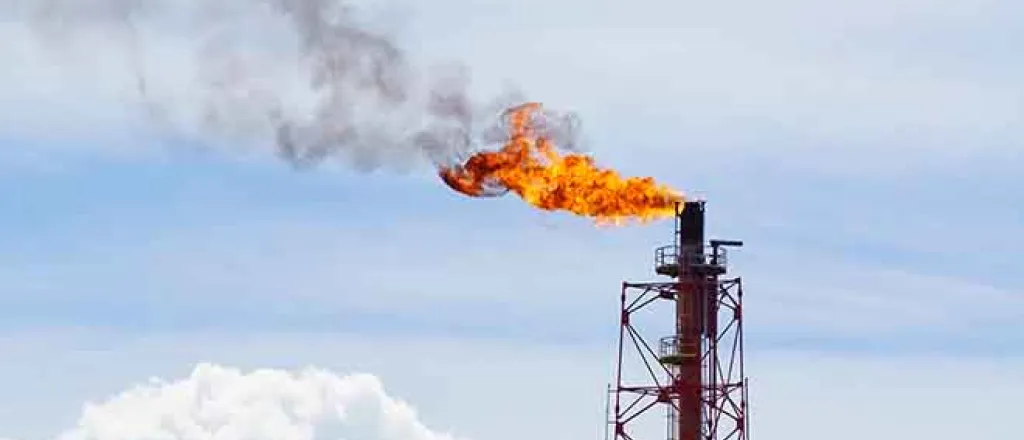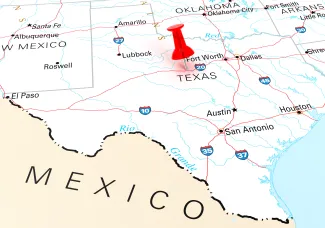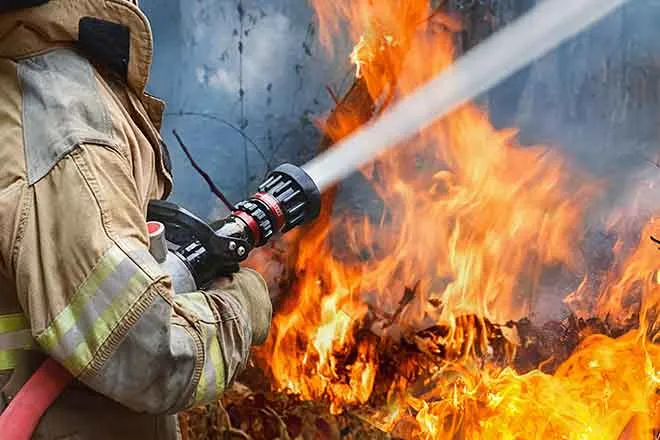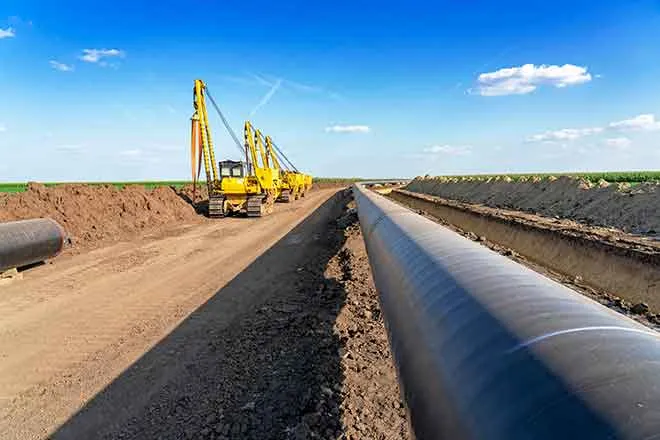
Texas faith, environmental groups hopeful about new EPA methane rule
Click play to listen to this article.
(Texas News Service) Oil and gas companies have until 2025 to reduce the emissions they release into the air through the practices known as venting and flaring.
You may have seen a large plume of fire coming from smokestacks at oil-producing sites but you may not have considered how it is affecting your life. Oil and gas producers use venting and flaring to burn off excess gas. The process releases methane into the air, and environmental groups pointed out it is not only wasteful, but dangerous.

Becca Edwards, climate action fellow for the advocacy group Texas Impact and the United Methodist General Board of Church and Society, said the practice has two major negative effects.
"Releasing methane creates air pollution that harms people who are vulnerable," Edwards noted. "The second impact that methane emissions has is climate change. Methane is a potent greenhouse gas in the atmosphere. It traps heat, contributing to climate change."
Texas is the largest producer of gas in the nation, and a new study showed the emissions are being underreported. Researchers used remote sensing for the study and estimated methane released into the atmosphere contributes to about $7.4 billion in health damages annually.
The Environmental Protection Agency issued a ruling last year aimed at sharply reducing emissions of methane and other air pollutants from oil and gas operations. For the first time, the regulations include existing well sites instead of only new ones. Edwards emphasized Texas Impact supports the new standards.
"We represent people of faith in Texas, and as people of faith, we feel that advocating for a healthy and safe environment is a moral obligation," Edwards stressed. "Those regulations are expected to reduce methane emissions significantly."
Oil and gas companies have two years to comply but it appears they are gearing up for a fight. The Railroad Commission of Texas, which regulates oil and gas production, opposes the restrictions and has petitioned the Attorney General to challenge the EPA's new rule in court.

















